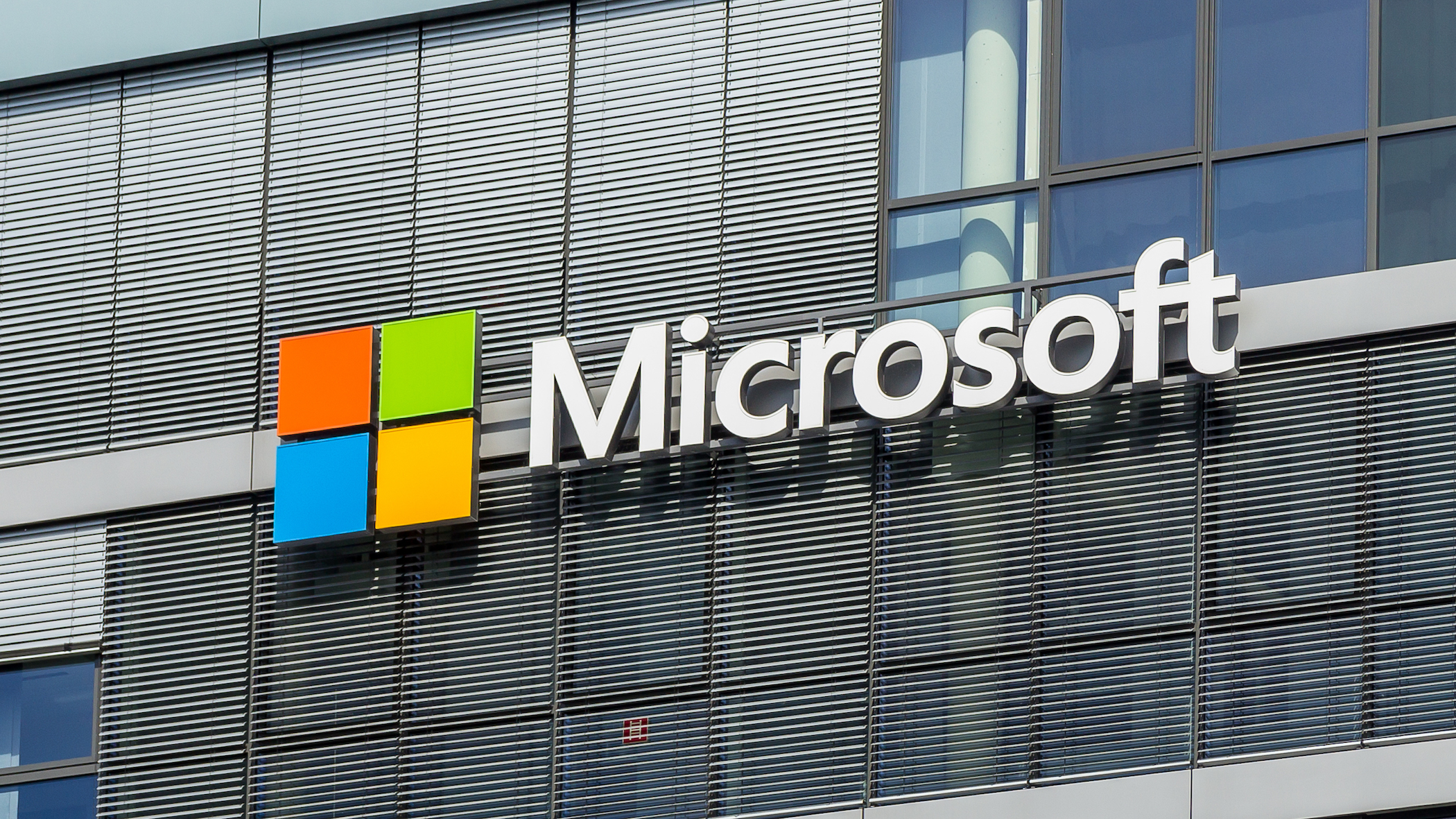What does Microsoft conceive with Teams to avoid sanctions from the EU

After Windows Media Player and Internet Explorer, Microsoft is back to using the grouping tactic to pull the sprint to Teams. But the EU has (again) got in the way
It thundered so much that it rained. As has been around for well before the summer, Microsoft has announced it will dissociate the popular video conferencing program Teams from its office software Word, Excel, Powerpoint and Outlook . The reason? Avoid a possible sanction by the EU Antitrust, which had opened a dossier on the matter suspecting the American giant of anti-competitive practices. In short, the truce between the European Union and Microsoft is back.
ORIGINS OF THE STORY
The story originates in the midst of the pandemic, when, forced by the lockdowns, the general public began to make almost daily use of video conferencing software, which has therefore become central to the existence of each company.
In 2020 one of the most aggressive former US startups, Slack, accused Microsoft of having "illegally connected" Teams to Office with a forced installation on the PCs of subscribed users and preventing their removal. For Slack, Microsoft was also hiding the cost of the software for enterprise customers.
For this Slack urged the various competition authorities to order the US competitor to separate Teams from the Office Suit and to "sell it separately at fair commercial prices".
WHAT THE EU HAS TO SAY ABOUT MICROSOFT TEAMS
All of this, in fact, happened three years ago while the opening of an investigation by the EU dates back only to this summer with Margrethe Vestager , executive vice president in charge of competition policy at the European Commission, who had explained: "The communication tools and remote collaboration, such as Teams, have become indispensable for many companies in Europe. Therefore, we must ensure that the markets for these products remain competitive and that companies are free to choose the products that best meet their needs. For this reason, we are investigating whether the bundling of Microsoft's productivity suites with Teams could constitute a violation of EU antitrust rules."
MICROSOFT'S REPLY
This is instead the response of the US company: “We respect the work of the European Commission on this case and we take our responsibilities very seriously. We will continue to work with the Commission and are committed to finding solutions that address your concerns."
THE FAILURE TO AGREE
The European Commission, which hypothesizes that Microsoft may have abused its dominant position in the software market to promote the development of Teams to the detriment of competitors, could in short impose a new heavy fine on the American company founded by Bill Gates.
According to the Financial Times "the talks have stalled because Microsoft would like to apply the de-bundling rule only to the EU, while Brussels is asking for it to apply to the whole world".
MICROSOFT'S BACKGROUND
These are certainly not the first skirmishes between Microsoft and the EU. Indeed, the bundling technique has often been exploited by the US giant to favor "sideline" software with respect to its operating system. The most notorious fine that the EU has imposed on Microsoft was undoubtedly the 497 million euro fine imposed in 2004 by the then European Commissioner for Competition Mario Monti .
The casus belli concerned the presence of Windows Media Player in the programs pre-installed with Windows. The company was also asked to provide more information about its server management software, allowing other manufacturers to create programs that are compatible and able to communicate with those of Microsoft, without being cut off from the market.
In 2009, the EU investigated the bundling of Internet Explorer with Windows, a strategy which put the developers of similar programs at a disadvantage (from Opera to FireFox via Chrome, to name the best known), an investigation which ended with the commercialization of a version known as “Windows 7 E” without integrated Internet Explorer and the obligation on the part of Microsoft to introduce a screen that allows the choice of a web browser in its Windows operating system.
In 2008 Microsoft was fined again for 899 million euros by the Union, with the accusation of not respecting the antitrust decisions taken in March 2004 when Monti was Commissioner.
This is a machine translation from Italian language of a post published on Start Magazine at the URL https://www.startmag.it/innovazione/che-cosa-architetta-microsoft-con-teams-per-evitare-sanzioni-dalla-ue/ on Thu, 31 Aug 2023 10:37:59 +0000.
